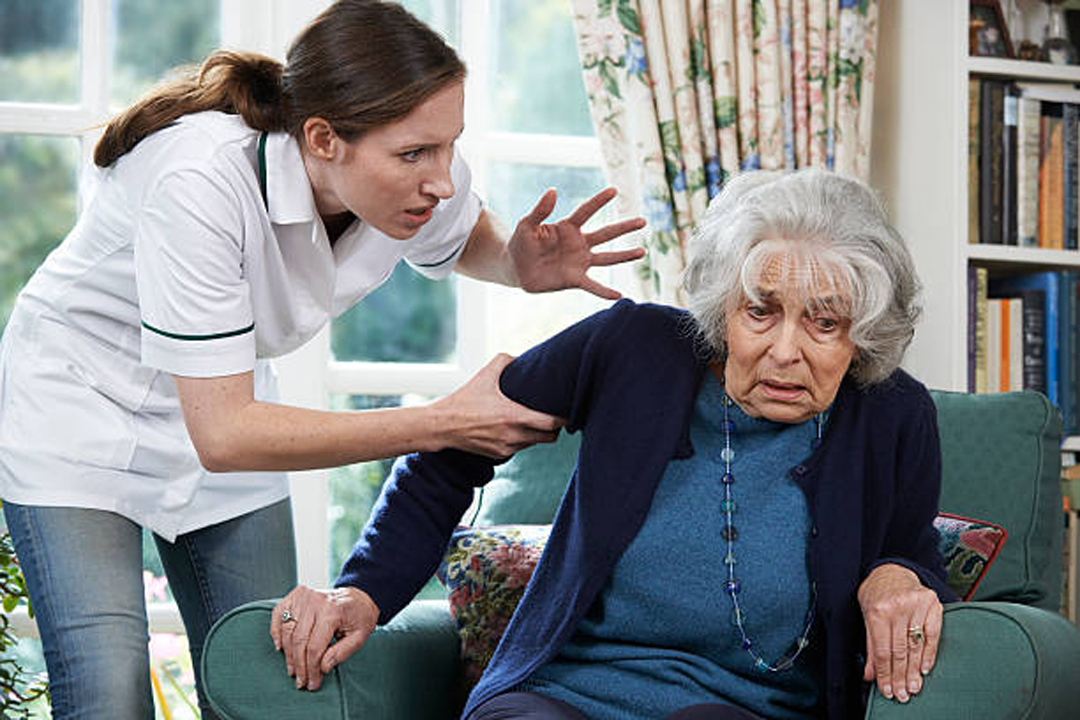
Ageing is difficult in many ways. It may seem unjust that we are frequently by ourselves when we most need assistance and company as we approach the end of our lives. Yet many elderly individuals live in that reality. Some spouses are elderly or have already passed away. Families are dispersed across the nation and may not be able to provide as much support as they would like. Because of the numerous issues that the elderly encounter in nursing facilities, the majority of senior citizens prefer to age in place—or stay in their own homes. However, their loved ones could believe that skilled nursing homes are desirable and that staying at home is risky.
When elderly folk enter nursing homes for the first time, they are often nervous, or downright dour about the situation. To help them make the transition more effectively, it’s key that you consider their concerns. Five pressing issues frequently affect elderly nursing home patients across America:
1. Behind-the-Scenes Abuse
Unfortunately, many elders in nursing homes are abused throughout the US every single year. The problem affects thousands of patients and often goes unnoticed for far too long before legal action is taken against the abusive nursing home workers that commit crimes against their elderly patients. From physical to financial abuse, there is a wide variety of crimes committed against elderly patients.
In some cases, simple negligence alone leads to abuse against elderly patients. When environments are not taken care of, deadly slip-and-fall accidents can occur, for example. No matter how an elderly patient has been harmed, there are legal professionals out there that can help them seek the legal and financial restitution that they deserve. Knowing the stats and facts about elder abuse in nursing homes can help you protect your loved one. If you need to, you should contact a nursing home lawyer ASAP to begin holding those who’ve harmed you or a loved one responsible for their abusive, negligent actions.
2. Increasingly High Living Costs
Inflation and modern-day cost-of-living crises are hitting the elderly just as hard as their hitting younger generations. In nursing homes, patients are often living on incredibly limited budgets, and are oftentimes barely affording to afford their nursing home care without government assistance. As cost-of-living rises, the costs of living in a nursing home are skyrocketing as well, which has made this issue an absolute nightmare for many elderly nursing home patients around the country. This cost of living issue can lead to further abuse as well.
If a senior needs 24-7 assistance to stay healthy (or alive), the costs they’ll accrue at a nursing home will be even higher. People deserve to have some extra spending money as well, and this is no different for nursing home patients. Not only can a lack of money directly affect their health, but this lack of money can make them feel like they lack any type of real control over their day-to-day lives. Due to this, many nursing home patients see this as a top issue affecting their happiness and health year-round.
3. Unfamiliar, Disorienting Environments
Anytime you move into a new environment, there is going to be a (potentially harsh) adjustment period. The sheer weight and enormity of the shift when you’re moving into a nursing home environment, however, can be downright overwhelming. For patients who are still fairly able-bodied and minded, being in this sometimes-dour environment is a massive adjustment that can take a long time to take in.
For patients who already struggle with cognition issues, the change can be even more uncomfortable and disconcerting. For this reason, it’s key that they’re given extra attention during this transitionary period. Even if a patient is adjusting fairly well overall, the unfamiliar, and often disorientating nature of transitioning into a nursing home is no joke and must be taken seriously by their loved ones, and healthcare providers. Doing so will help them to make the transition in a more effective, timely fashion, after all.
4. Mental Health and Isolation Struggles
There are a lot of elderly nursing home patients that point out feelings of isolation and abandonment shortly after living in a nursing home environment. They might feel as though their family members no longer care about them, or as if they are no longer realistically able to see their friends, or be a part of the community they’ve grown up in. These issues can lead to serious mental health struggles that can compound already-existing troubles and can affect their physical health as well.
New patients must be given access to more community events within their new nursing home to help them make this transition more effectively. These feelings of isolation and feeling like you’re out of your natural environment are difficult to manage, but they can be overcome with the right support and assistance.
5. Struggles with Assisted Living Norms
Finally, it’s often difficult for elderly patients to adjust to the more blunt, organized, and regulated living setup that’s the norm in assisted living environments like nursing homes. Anybody would find it challenging to move from their own house, where they have a private bedroom and bathroom (as well as potentially a yard or workshop to tinker in), to a one-room living area, which is occasionally shared with an outsider. Consider how much more difficult it must be for someone who has lived in the same house for many years, filling every room with fond memories.
A senior’s family may have dispersed or begun their own families. For prolonged assistance, older people may also relocate to nursing homes, retirement communities, or assisted-living communities. Older folks and their loved ones may become more estranged as a result of distance and daily stress.
Once again, paying attention to how they adjust right out of the gate is key. The more quickly they can be comfortably transitioned into an assisted living setup, the more quickly they’ll come to accept (and perhaps enjoy) this new lifestyle.
Comments
comments